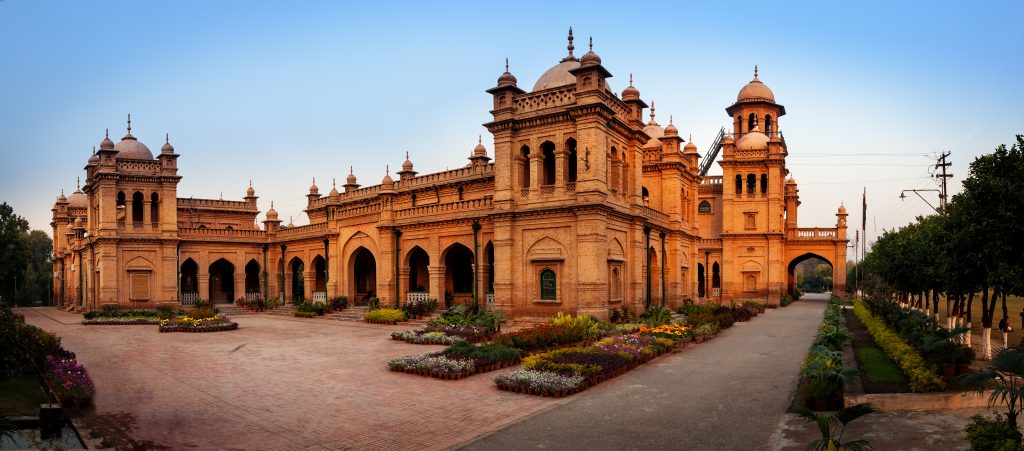Pakistan, grappling with a mass departure of its workforce abroad and a struggling economy that leans heavily on remittances, has devised an innovative solution: it has proposed that Saudi Arabia establish a specialized institution to educate potential expatriates within its borders.
The suggested arrangement, which is being discussed amidst ongoing talks regarding employment in the Gulf nation, entails the creation of a ‘state-of-the-art skill university’ in Pakistan. This initiative would foster a partnership between the two countries, focusing on ‘training Pakistani workers to meet the rising needs of the Saudi labor market and enhance their skills and capabilities,’ according to statements from the Islamabad administration.
Currently, over two million Pakistani individuals are employed in Saudi Arabia, primarily in roles requiring minimal skill. The enhancement of job opportunities for these expatriates is anticipated to significantly impact Pakistan’s economy, which is currently facing increased unemployment rates. Workers based in Saudi Arabia are the principal source of remittance inflows, which are crucial to the country, amounting to upwards of £400 million monthly. Numerous Pakistani households depend entirely on income remitted by family members working in foreign lands.
‘We have a substantial pool of young individuals ready for employment, yet our economy lacks the capacity to accommodate them,’ remarked Ayesha Razzaque from the Higher Education System Strengthening Activity program, a joint venture of the US and Pakistani governments. She expressed optimism that if the Saudis contribute to a university with a direct employment pipeline for its graduates, it would achieve what other universities strive for, though often with limited success.
Muhammad Mukhtar, the founding vice-chancellor of Islamabad’s National Skills University, acknowledged the issue of providing training without sufficient employment opportunities. He noted that the boost in remittances that could result from this project would be beneficial to many.
While Pakistan urges Saudi Arabia to invest more in its human resources for a much-needed economic uplift, the extent of Saudi Arabia’s interest in training foreign workers, as opposed to hiring them for low-skilled jobs, remains to be seen.
Dr. Mukhtar revealed that his institution had been engaging with Saudi Arabia for over a year to set up a training center within the university. He expressed uncertainty about whether this initiative is a revival of previous discussions or an entirely new proposition. He believes it is more practical to establish a center within an existing university than to start a new one from scratch.
Annalisa Pavan, an authority on Saudi higher education, expressed skepticism regarding the kingdom’s need for highly skilled labor from Pakistan. Even as Riyadh requires foreign manpower for ambitious projects, such as Neom, Pavan pointed out that Saudi Arabia’s demand for labor is primarily for low-paid, unskilled construction jobs, and it is expected to look elsewhere for high-level expertise like artificial intelligence.
‘This is an economic matter; it has little to do with education,’ Pavan remarked about the proposed university. Nevertheless, she noted that Saudi Arabia has a history of offering scholarships to Pakistani students, with 700 fully-funded positions provided last year.
She suggested that training and educating Pakistanis in Saudi Arabia could continue as it has for decades, without the necessity of founding a new ‘state-of-the-art’ university in Pakistan.
Dr. Razzaque emphasized that any investment by Saudi Arabia in Pakistan’s education sector must be sustainable, given that higher education funding is swiftly depleting and the country cannot afford another unsuccessful venture.
